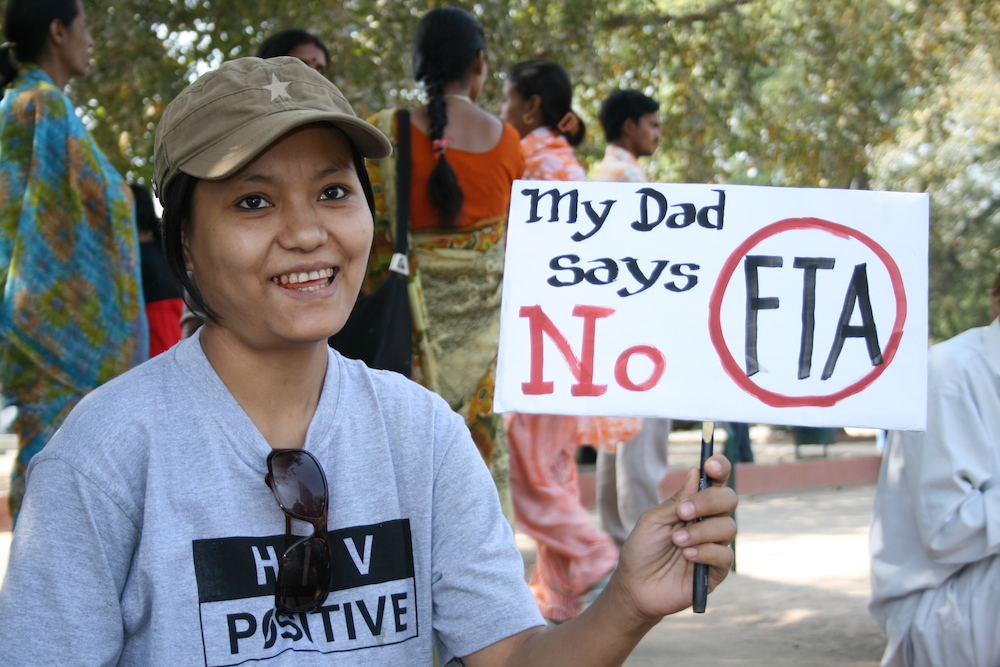Bargain chips few in trade talks
The Telegraph | 5 June 2016
Bargain chips few in trade talks
by Jayanta Roy Chowdhury
New Delhi, June 5: India, looking to wrap up free trade talks with the European Union and Australia, may now have to give more concessions. These trading partners are awaiting the outcome of other regional trade negotiations that will give them an opportunity to push India for deeper tariff cuts.
Indian negotiators are supposed to meet officials from Australia, China, Japan, Korea and Asean in Auckland later this week to try and make progress in the Regional Comprehensive Economic Partnership Agreement (RCEP).
The agreement was slated to be launched last year only to be delayed by new demands placed by negotiators.
India has been at the centre of some of these demands with almost all the other countries seeking deeper cuts in customs duty before they agree to any concessions on services sought by New Delhi.
India has signed free trade agreements (FTAs) with all RCEP nations except China and Australia.
Australia has been locked in talks with India over the last few years, with both sides playing hardball. Canberra, which at one time said it was very close to signing an FTA with New Delhi, is now delaying the talks as Australia is slated to elect a new government.
However, top Indian officials feel the real reason is that Australia wants to wait and see what concessions India is willing to make to the RCEP before seeking a better deal. Australia wants India to cut duties on agricultural imports and offer better terms for its financial services sector.
Harinder Sidhu, the new Australian high commissioner, told a gathering of economists and bureaucrats at a talk organised by think-tank Icrier last week, "I think we would rather have a good outcome than an outcome that does not quite get up to the standards." The talks for the free trade agreement have been going on for the last five years.
India does have the highest average tariff rate among the RCEP countries at 13.5 per cent. It also has the most protected agricultural produce market with an average applied rate of 33.5 per cent. The demands, therefore, are not entirely unjust.
However, the problem for India is that its trade deficit has doubled over the last five years because of its FTAs with Asean, Japan and Korea. Also, Indian businesses as well as the government fear opening up to China, which already accounts for 40 per cent of the country’s massive trade deficit at $118.5 billion.
Australia, Japan and Korea have also been forcing India to introduce more restrictive patent laws that could po






